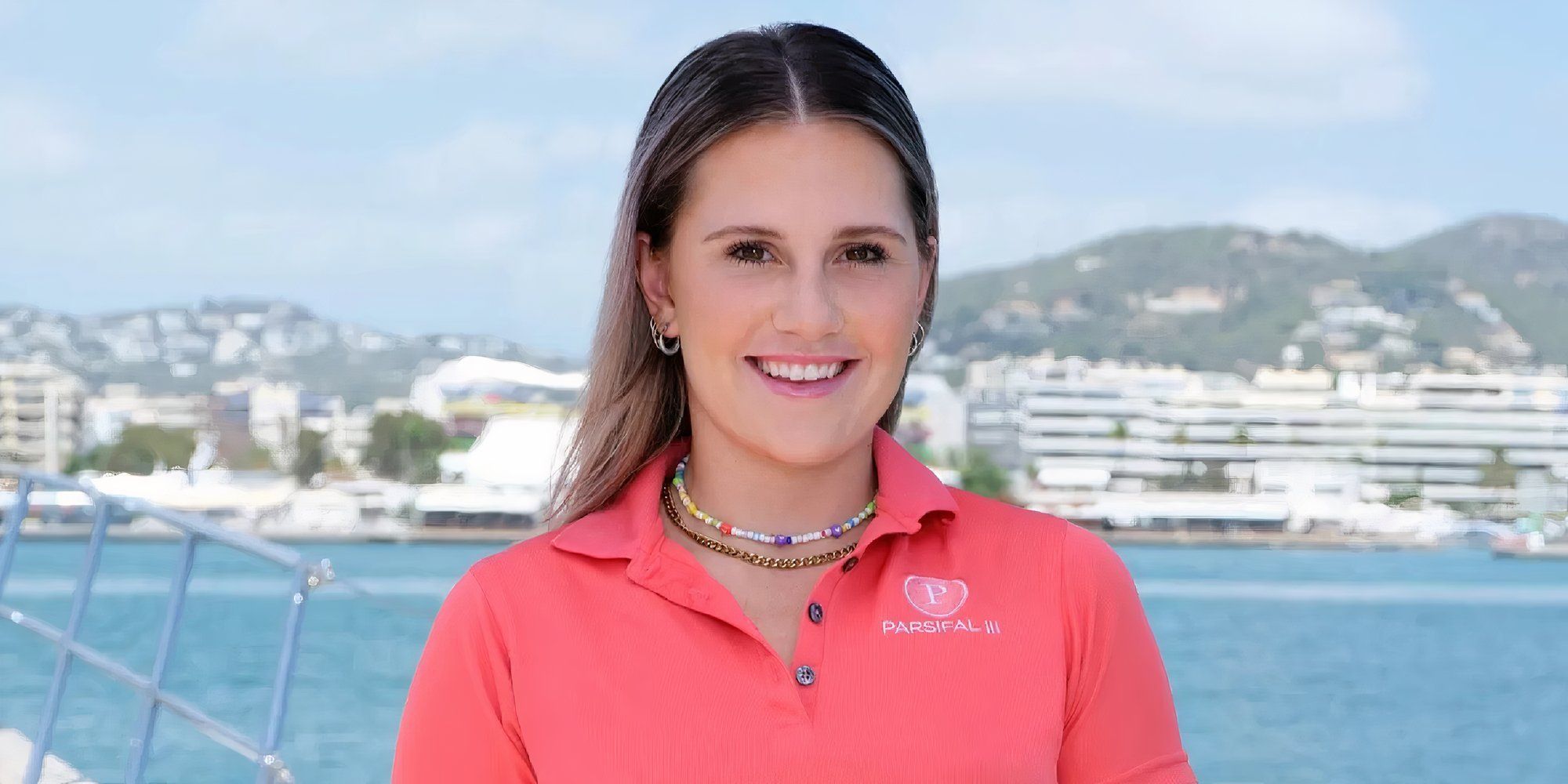In many ways, the founders of what is today known as Del Shaw Moonves Tanaka Finkelstein Lezcano Bobb & Dang were like any other ambitious young attorneys when they launched the firm back in 1989.
“There’s always an inclination to want to start your own business and be the captains of your ship, the makers of your own destiny,” says Nina Shaw, who was one of the original partners, alongside founder emeritus Ernie Del and current partner Jean Tanaka. “And we wanted to be within the group of boutique firms that even then were preeminent in the talent representation business.”
But there was also another goal in mind. Too often, Shaw found that she was the only woman or person of color — never mind Black woman — in the room. So it was baked into the firm’s DNA that it would represent the underrepresented, in its staff and its clients, as well as in the larger legal and entertainment communities.
Today, Del Shaw’s staff is 62.5% women and 57.5% people of color, and the firm has a long history of cutting game-changing deals for a diverse roster of clients that includes Cedric the Entertainer, Ayo Edebiri, Paul Reiser, Lena Waithe, Warner Bros. TV Group chair and CEO Channing Dungey, FX Networks chairman John Landgraf, Oscar-winner Lupita Nyong’o, filmmakers Reggie Rock Bythewood and Gina Prince-Bythewood, and model and TV personality Chrissy Tiegen and her husband, musician and EGOT club member John Legend.
Partner Gordon Bobb says that when he joined Del Shaw as an associate in 2000, he noticed how much they differed from his previous employers, who, while not hostile to him as a Black man, placed little importance on diversity.
“I think what was realized at the inception of the firm back in 1989 — and that Hollywood only came to realize within the last four years— is that, if you include more perspectives, you can actually service people a little better,” says Bobb.

Shaw’s perspective was formed as a child growing up in Harlem, where she was an avid fan of the arts, regularly taking in everything from movies and theater to museums, ballet and Leonard Bernstein at Lincoln Center. “If it was free and happening in New York, my mother was going to make sure we saw it,” she says.
At the same time, Shaw was already fixated on law, as evidenced by the “Future Lawyer” caption under her senior high school yearbook photo. After earning her JD from Columbia Law School in 1979, she moved west to work in the home office of the venerable L.A.-based international firm O’Melveny & Myers, where she did work for clients such as Norman Lear’s Tandem/T.A.T. Prods., renowned for its pioneering progressive and diverse sitcoms, and which at the time was making such shows “The Jeffersons.” In 1981, she moved to the boutique firm Dern, Mason, Swerdlow and Floum, and made partner five years later. It was there that she landed the first big client she could call her own, Robert Guillaume, star of the hit sitcom “Benson,” whom she signed after bonding with his then-wife.
Del Shaw launched when a group of attorneys broke off from that firm to establish their own practice dedicated to transactional entertainment law — it was originally known as Del, Rubel, Shaw, Mason & Derin.
“Not many people understood Ernie Del’s desire to be in business with me when he could have been in business with a go-getter guy at one of the other boutique firms,” says Shaw. “But he was so shocked and surprised that people would even suggest to him that this wasn’t the best thing for him.”
Shaw landed a few other high-profile clients in those early days, such as James Earl Jones, but most of her roster additions were up-and-comers making artistic and commercial breakthroughs, like writer/director/actress Kasi Lemmons, director F. Gary Gray and former clients Jamie Foxx and Ice Cube.
“I would meet people early in their career, which, quite frankly, was the only way I was getting these clients because I wasn’t connected,” says Shaw. “I didn’t have agents and managers who were saying, ‘You need to go with her’ or a senior person who was passing down a practice to me. For the most part, I was having to put myself out there and make these relationships myself.”
One of the big fish she was able to reel in was Laurence Fishburne, who signed on with Shaw as he was hitting a career high with his Oscar-nominated turn as Ike Turner in the Tina Turner biopic “What’s Love Got to Do with It” (1993).

“I was attracted to her first as a professional who came with the highest recommendation from my manager [Helen Sugland],” says Fishburne of Shaw. “But being an African American woman, it goes without saying she would understand what the challenges are.”
Del Shaw also expanded its roster of attorneys with additions including Jonathan Moonves, who was an Atlanta-based litigator specializing in the airline industry when he joined the firm in 1991.
“I had a really large verdict representing an airline against its executives and was asking myself, ‘Is this what I want to do for the rest of my life?’ ” recalls Moonves. “I had known Ernie Del for years. He had always said, ‘You should come out here with me. I like your style. I like the way you deal with things.’ So I said, ‘All right, let’s start talking seriously about it.’”
One of Moonves’ oldest clients is Ray Romano, who signed on shortly after landing his breakout sitcom “Everybody Loves Raymond” in 1996.

“I want to be upfront and honest with everybody I deal with, and I expect the same from people who deal with me, so if I felt for a second that I was dealing with someone who didn’t live up to that, I would depart,” says Romano, who regularly socializes with Moonves as a golfing partner and poker buddy.
Moonves’ integrity was tested when he renegotiated Romano’s contract with CBS, which at the time was run by the attorney’s brother, Leslie Moonves.
“People were thinking I might hurt myself by having the guy negotiate for me with a member of his family, but it was just the opposite,” says Romano, who inked a then-record $1.8 million per episode deal for “Raymond” in 2003.
While the entertainment industry is often described as a “business of relationships,” all the golf rounds and poker nights wouldn’t mean much — nor would Del Shaw’s much-touted diversity — if the firm didn’t produce outstanding results for its clients.
Ethan Cohan recalls an incident not long after he joined Del Shaw as an associate in 2014, following a stint as VP of business affairs and production for chef Gordon Ramsay’s production company One Potato Two Potato.
“A partner asked me to do something and I thought, ‘This is easy,’” recalls Cohan. “They took a look at my work and when they gave it back to me, it was covered in red [ink with comments and changes]. All of a sudden, I realized the level of the work here is very high.”
Today, Cohan is a partner heading up Del Shaw’s unscripted and nonfiction entertainment practice group, which has a client roster that includes Vox Media Studios, Mike Jackson’s and Legend’s Get Lifted, Teigen’s Huntley Prods., Vin Di Bona Prods., Ample Entertainment, the Media Pro Studio, Pocket Watch and Soledad O’Brien Prods. It also works on the nonfiction efforts of the firm’s multi-hyphenate clients like Nick Cannon.
Recently, Del Shaw has been expanding its nonfiction footprint in the sports world through such clients as the NFL, Major League Soccer, PGA Tour-affiliated Pro Shop and Box to Box Films, which provide synergy with the firm’s athlete clients, both active and retired (including current Pittsburgh Steelers quarterback Russell Wilson), who might be interested in working as hosts or commentators or getting involved in other media ventures.
The nonfiction group handles legal matters from development to delivery and all aspects of day-to-day production in between, including negotiating executive, talent and distribution deals and determining whether an aspect of a reality show would break the law.
“We say it should be as if we’re sitting in the office next to you,” says Cohan, who is also active in LGBTQ+ causes. “So call us, text us, throw rocks at our windows. We’re available 24-7.”
As much as the firm strives for perfection in-house, its attorneys are careful to temper their killer instinct at the negotiating table.
“We have to advocate as strongly as possible for the clients and get them the absolute best deal,” says partner Abel Lezcano, a first-generation Cuban American, raised in Iowa. “But we have to balance it all with the totality of their career and everything that’s going on — the relationship with the studio, the picture, the director and, if it’s on the unscripted side, the subject.”
That calm, measured attitude proved invaluable when a suit was filed against Quinta Brunson and ABC, alleging that her series “Abbott Elementary” was “a veritable knock-off” of a New York City schoolteacher’s script. Brunson was unnerved at first.
“I was like, ‘What the hell?!’” recalls Brunson. “But [Shaw and partner Lily Tillers] were able to say, ‘Don’t worry, we know this isn’t true. It’s going to be OK. We got this.’”

They were proven correct: A judge dismissed the lawsuit in March.
For showrunners Michelle and Robert King (“The Good Wife”), one of the best perks of being a Del Shaw client is being able to use Moonves as a technical consultant.
“We oftentimes do legal shows, and Jon will take our calls when we have a question,” says Michelle King. “If he doesn’t have the answer, he’ll put us together with someone else.”
Concurs Leczano, “The way we work as a firm is it’s truly all for one, one for all. We all drop into different clients’ lives when we have a particular relationship or skill set.”
At the end of the day, one of the best things about being with a firm that’s been around for 35 years — for both the clients and the employees — is the deep institutional wisdom that resides within its walls. Collectively, the attorneys have experienced decades of changes in the industry, both technological and institutional — from the rise of VHS in the early days of Shaw’s career to the cable explosion in the 1990s to the streaming revolution and AI — and grappled with the shifts in contract language and career strategies those changes wrought.
“We really do share our expertise and support each other, and I think that was just a tremendous learning experience for me as a young attorney,” says Tillers, who joined the firm in 2011. “And now, as a partner, I’ve been able to do that with our associates, who I learn from, too, because they come from different perspectives and are able to connect with a lot of our clients in different ways.”









 English (US) ·
English (US) ·